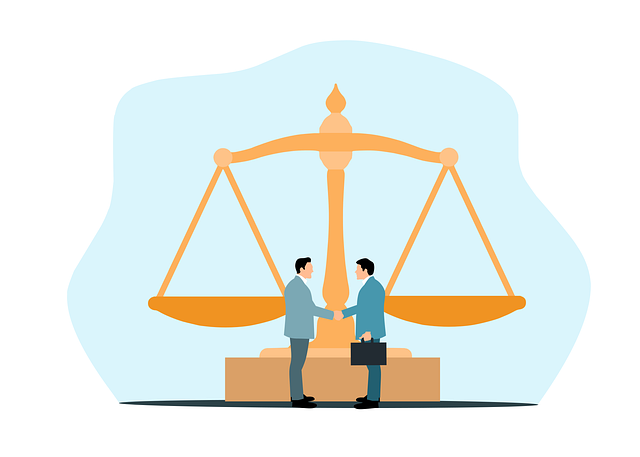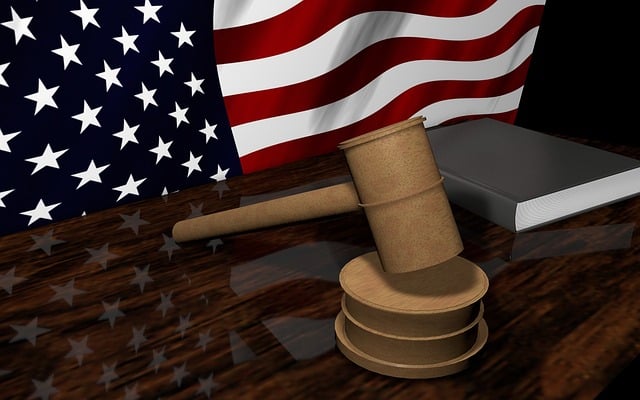The legal landscape of public corruption charges in healthcare regulations involves complex federal and state statutes, policies, and deterrence strategies. Success requires proving intent, unlawful acts, and harm to the public interest. These cases set precedents, reinforcing integrity in government and corporate sectors. Healthcare's complexity leads to significant legal challenges, including billing inaccuracies and false claims, demanding sophisticated defense strategies from specialists. Preventive measures like accountability mechanisms and training programs are vital, while regular law reviews help close exploit gaps. The global fight against corruption in healthcare navigates regulatory ambiguities, utilizing strategic defenses to achieve favorable outcomes.
“Public corruption charges present significant legal challenges within healthcare regulations, exposing vulnerabilities that can compromise patient welfare and public trust. This article explores the intricate web of corruption in healthcare, delving into its legal framework, regulatory loopholes, and enforcement obstacles. We examine global perspectives and preventive measures to strengthen accountability. By understanding these issues, we aim to contribute to the ongoing discourse on combating corruption in healthcare, particularly in navigating legal challenges related to healthcare regulations.”
- Understanding Public Corruption Charges: A Legal Framework
- Healthcare Regulations: Vulnerabilities and Loopholes
- Enforcing Integrity: Challenges in Prosecution
- Preventive Measures: Strengthening Accountability
- Global Perspectives: Combating Corruption in Healthcare
Understanding Public Corruption Charges: A Legal Framework
Public Corruption Charges: Navigating the Legal Landscape
Understanding public corruption charges involves delving into a complex web of laws and regulations designed to combat misdeeds within government and public institutions. These legal challenges in healthcare regulations, for instance, mirror broader efforts to ensure transparency, accountability, and fairness across the respective business sectors. When officials abuse their power or engage in illicit transactions, it undermines public trust and hampers the effective delivery of services that are crucial for achieving extraordinary results in various fields, including healthcare.
The legal framework surrounding public corruption typically includes federal and state statutes, as well as internal agency policies, aimed at deterring and penalizing corrupt practices. These laws often target specific acts such as bribery, fraud, embezzlement, and bid-rigging. Prosecutors must prove intent, unlawful acts, and resulting harm to the public interest in order to secure convictions. Across the country, these cases have significant implications, not just for individuals charged but also for setting precedents and reinforcing integrity within government and corporate structures alike.
Healthcare Regulations: Vulnerabilities and Loopholes
Healthcare regulations are designed to ensure quality care and patient safety but often face significant legal challenges. These regulations aim to prevent fraud, manipulation, and unethical practices within the healthcare industry. However, the complex nature of healthcare services and rapid advancements in medical technology create vulnerabilities and loopholes that corrupt actors can exploit. From billing inaccuracies to false claims, these issues not only undermine the integrity of the system but also result in substantial financial losses for insurers and taxpayers.
The fight against public corruption in healthcare involves intricate legal strategies, particularly when dealing with white-collar crimes. Legal professionals specializing in corporate and individual defense play a crucial role in navigating these complex cases. They assist clients in understanding their rights and devising strategies to avoid indictment while ensuring compliance with evolving regulations. By addressing the legal challenges in healthcare regulations head-on, these experts help foster a more robust and fair healthcare ecosystem for all.
Enforcing Integrity: Challenges in Prosecution
Enforcing integrity within public institutions is a complex task, particularly when faced with legal challenges in healthcare regulations and other sectors. Public corruption charges often involve intricate financial schemes and require meticulous investigation to unearth evidence that can withstand scrutiny. The prosecution of such cases presents unique obstacles, including navigating complex financial transactions, understanding specialized industries, and gathering irrefutable proof.
White-collar and economic crimes, by their nature, tend to be less violent and more subtle than general criminal defense cases, making them even more challenging to prosecute. Every step in the investigative and enforcement process must be carefully managed—from initial suspicion to trial—to ensure the integrity of the evidence and the ultimate success of the case. Effective prosecution demands a deep understanding of both the legal framework governing these crimes and the specific dynamics at play in each unique situation.
Preventive Measures: Strengthening Accountability
Preventive measures play a pivotal role in combating public corruption charges. Strengthening accountability mechanisms within governmental institutions is crucial. Implementing robust transparency policies and stricter oversight can deter potential corrupt practices. Additionally, promoting ethical conduct through comprehensive training programs for public servants can significantly reduce the risk of legal challenges in healthcare regulations and other sectors.
Holding individuals accountable for their actions is essential. Encouraging a culture of integrity involves enhancing judicial processes, ensuring efficient investigations, and providing robust avenues for citizens to report suspected corruption. Regular reviews of existing laws and regulations related to white-collar and economic crimes can help identify gaps that may be exploited. By fortifying these measures, governments can effectively avoid indictment in cases where the evidence warrants it, thereby deterring others from engaging in similar activities.
Global Perspectives: Combating Corruption in Healthcare
In the global fight against public corruption, the healthcare sector has emerged as a critical battleground due to its intricate web of legal challenges and regulatory complexities. Corruption in healthcare can take many forms, from bribery and kickbacks to fraudulent insurance claims and misappropriation of funds. These issues transcend national borders, making international cooperation paramount in combating these illicit practices.
The struggle against corruption in healthcare is further complicated by the dynamic nature of medical regulations. Legal challenges often arise from ambiguities in laws and policies, providing opportunities for creative interpretations that can benefit corrupt individuals or organizations. However, a robust general criminal defense strategy, coupled with a keen understanding of local and international anti-corruption legislation, can be instrumental in winning challenging defense verdicts. In some cases, a complete dismissal of all charges is possible if the defense can demonstrate regulatory ambiguities or procedural errors.
Public corruption in healthcare, often facilitated by complex legal challenges in healthcare regulations, poses significant obstacles to equitable access and quality care. As discussed, vulnerabilities and loopholes within existing frameworks enable corrupt practices to thrive. Enforcing integrity necessitates robust prosecution strategies that address the unique challenges posed by healthcare corruption. Ultimately, strengthening accountability through preventive measures is crucial for fostering a culture of transparency and trust in the healthcare sector globally.






